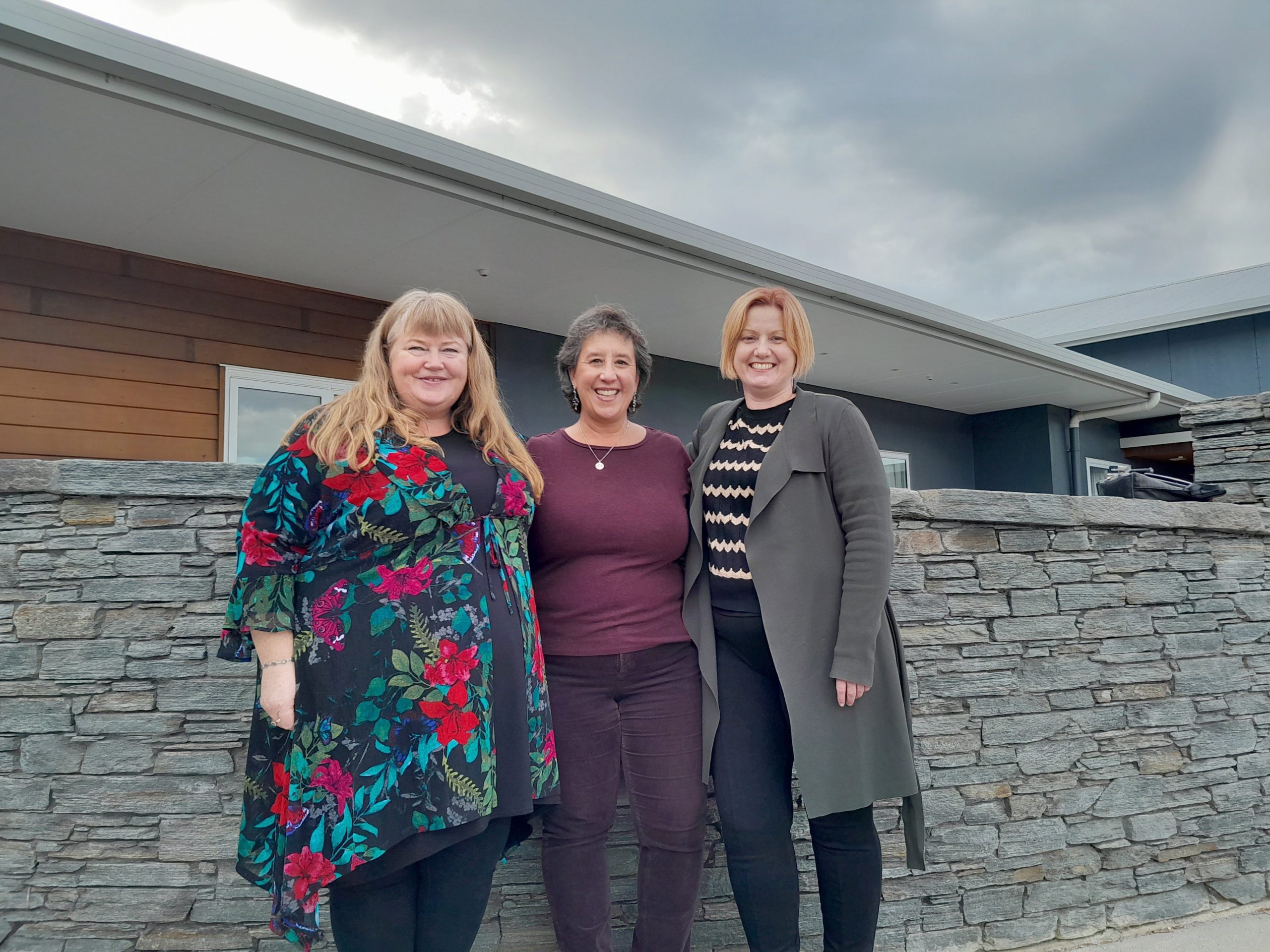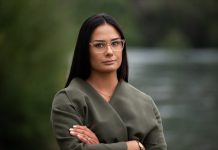Community group members from across Central Otago and Queenstown Lakes gathered in Cromwell last week to explore tools and theory of collaboration, and to make connections far and wide.
About 60 people from community groups, iwi, business and social sector organisations gathered for a day for activities, theory and the chance to hear from an international speaker on community innovation.
The hui was co-hosted by the Central Otago District Council (CODC) and the Queenstown Lakes District Council (QLDC) in conjunction with charitable organisation Inspiring Communities.
CODC community development adviser Rebecca Williams said the hui was a great opportunity to connect the many community groups in the area.
‘‘We know that we’ve got lots of people in our community who do amazing things and so this was an opportunity to bring [in] . . . an amazing speaker to validate what they do.’’
She said the two councils had never collaborated in this way before, despite the many similarities and overlap between them.
‘‘It’s been very unique in the two councils working together alongside Inspiring Communities.’’
Speaker Sylvia Cheuy said she enjoyed watching attendees make new connections during the course of the day.
Ms Cheuy is a consulting director for the Tamarack Institute, a Canadian charity which linked 300 communities across Canada.
Each community had a local strategy to reduce poverty, but by working together, they could affect federal policy, she said.
She said there were many similarities between New Zealand and Canada, including a strong urban rural divide and a similar history of indigenous issues.
‘‘It starts by appreciating that some of these really tough issues that we are wrestling with.’’
Responsibility for these issues could not be expected to be solved by one sector.
Ms Cheuy said it was not possible to have a uniform solution for every problem in every community.
Instead, multifaceted issues required a co-ordinated community response to make a difference, she said.
‘‘People who live in a place and love it and care about it are the single-most untapped resource.’’
Inspiring Communities facilitator Tess Trotter said the charitable organisation supported and advocated for community-led development.
‘‘Elevating local leadership, shared solutions to shared challenges, bringing diversity to the table and acknowledging strengths that all people have, so not just a council, but anyone.’’
It was a resource that all communities in New Zealand could tap into.
By gathering people from across the community together, they could establish connections and recognise shared goals, she said.
‘‘Today was all about collaboration. So it’s sort of about planting the seeds; people getting to know each other.’’
‘‘[It’s about] identifying what strengths exist in their communities, what shared challenges they have, looking at different tools that we have.’’





